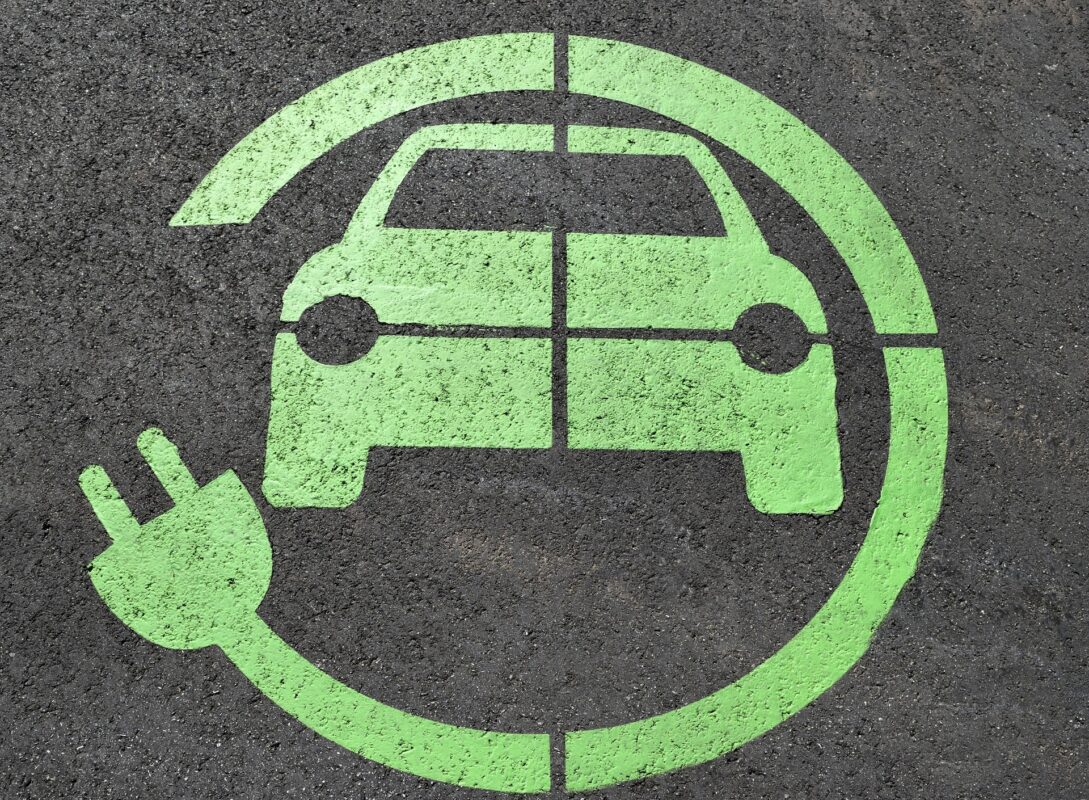
Blog
German Automakers Face Profit Decline: Chinese Market Challenges

Germany’s three major automakers — BMW, Volkswagen, and Mercedes-Benz — have reported lower profits for the past year due to weak sales in the Chinese market. Concerns are growing that the situation could worsen if the Trump administration imposes tariffs on imported cars.
BMW Reports a Sharp Profit Decline
On March 14, BMW announced that its annual revenue fell 8% year-over-year, while net profit dropped 36% to €7.6 billion. The company attributed the decline to tough price competition in China, where domestic manufacturers like BYD and NIO have gained market share with affordable EV models.
To counter this, BMW plans to introduce more cost-effective and technologically advanced EVs tailored for Chinese consumers. The company also aims to strengthen partnerships with local firms to regain competitiveness.

Volkswagen and Mercedes-Benz Struggle in China
Volkswagen’s net profit dropped 32% to €10.7 billion due to falling demand in China. Domestic competitors’ aggressive pricing and supply chain disruptions further weakened Volkswagen’s position. The company plans to increase production of localized EV models and strengthen partnerships with Chinese manufacturers.
Mercedes-Benz reported a 28% decline in net profit to €10.4 billion. Weak EV sales in China were a major factor, as domestic brands offered more affordable and advanced options. To address this, Mercedes-Benz plans to launch new EV models with longer ranges and faster charging capabilities.
Potential Impact of US Tariffs
Let’s talk about a situation that could impact the price of European cars in the US — tariffs. BMW and Volkswagen, which both have strong sales in the US, could face higher costs if the Trump administration decides to impose tariffs on imported cars. BMW, for instance, could see higher prices for its vehicles, making them less competitive in the US market.
Volkswagen is even more vulnerable. With 65% of its US cars coming from Mexico, tariffs on imports from Mexico could raise the cost of their cars even more. Audi, part of Volkswagen, is already planning to raise prices to offset potential tariff costs. It’s a reminder that tariffs don’t just affect car manufacturers — they can end up costing you, the consumer, too. As BMW’s Chairman, Oliver Zipse, said, “There are no winners in such a scenario.”

European EV Market Faces Weak Demand but Automakers Remain Optimistic
Although the EU has been pushing for electric vehicles (EVs) to reduce carbon emissions, demand has been sluggish. Why? The phase-out of government subsidies and weak economic conditions have made EVs less appealing to consumers.
Toyota’s Strategy
But not all automakers are discouraged. Toyota, for example, is still optimistic. At a recent event in Brussels, they revealed plans to launch four new EV models in Europe this year. These vehicles will offer longer ranges (up to 600 kilometers) and faster charging. Toyota aims for EVs to make up over 20% of its European sales by 2027.
Volkswagen and Renault Focus on Affordable EVs
Volkswagen and Renault are also targeting price-sensitive buyers with new, more affordable EV models. Volkswagen is releasing an EV priced around €20,000, while Renault is planning a model under €20,000. These affordable prices will help attract more consumers to EVs.

EU’s Green Push
The EU is pushing even harder for EVs, planning to ban the sale of new combustion-engine cars by 2035 (except those using synthetic fuels). With these regulations, automakers are scrambling to increase their EV offerings to meet these new standards.
Strategic Moves for the Future
Despite current challenges, automakers remain confident. They are investing in technology and lowering costs to make EVs more accessible. In the long run, with improved tech and supportive policies, EVs are expected to become a much larger part of the automotive market.
Even if government policies may sometimes hinder progress on EVs or climate action, both companies and consumers are increasingly concerned about global warming and taking action to address it. In today’s economy, companies that remain indifferent to environmental issues will find it extremely difficult to survive. A company’s willingness to make small sacrifices or take risks to tackle environmental concerns is highly valued by investors and customers. We are here to support such efforts. If you want to offset your GHG emissions through Carbon Credits, feel free to reach out and have a conversation. Let’s tackle this issue together!
